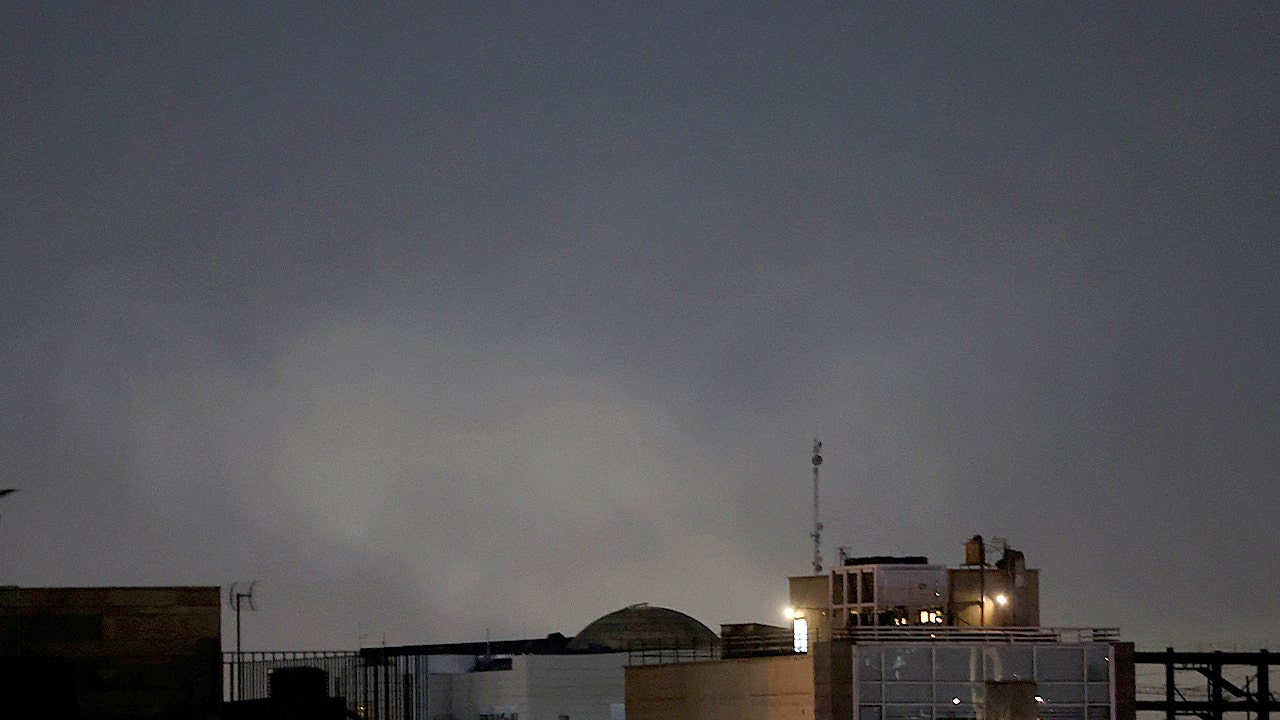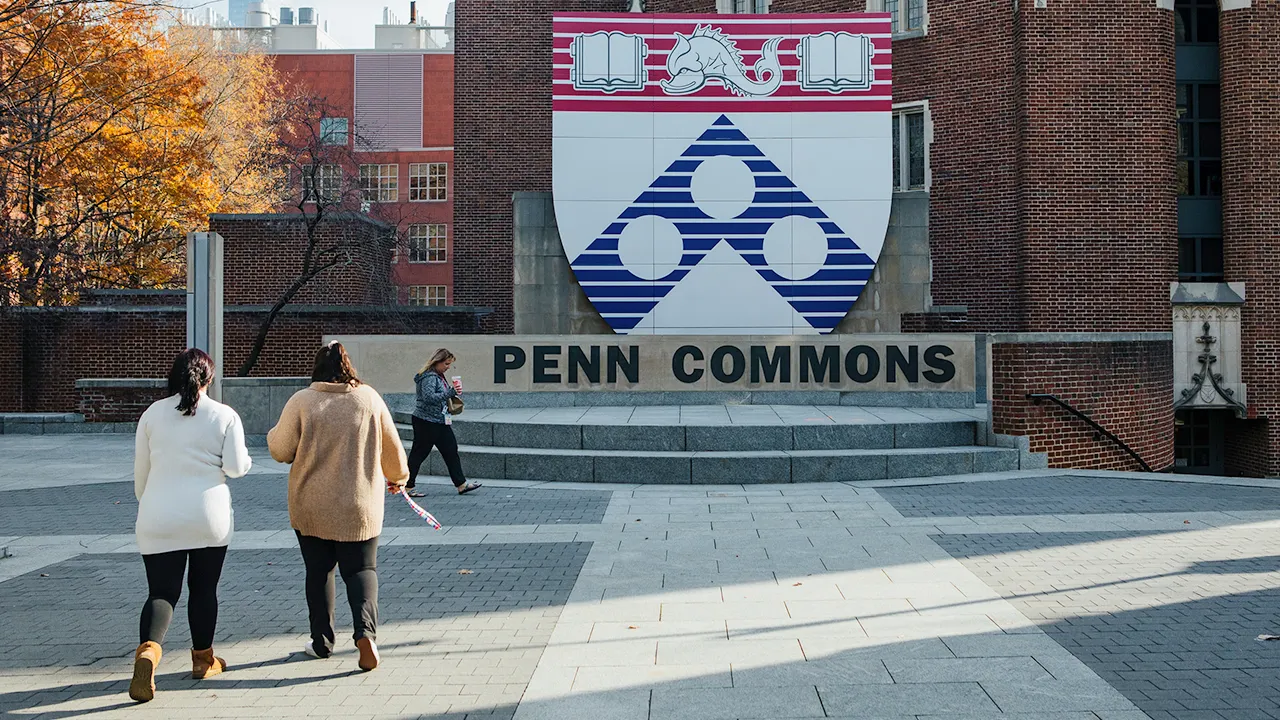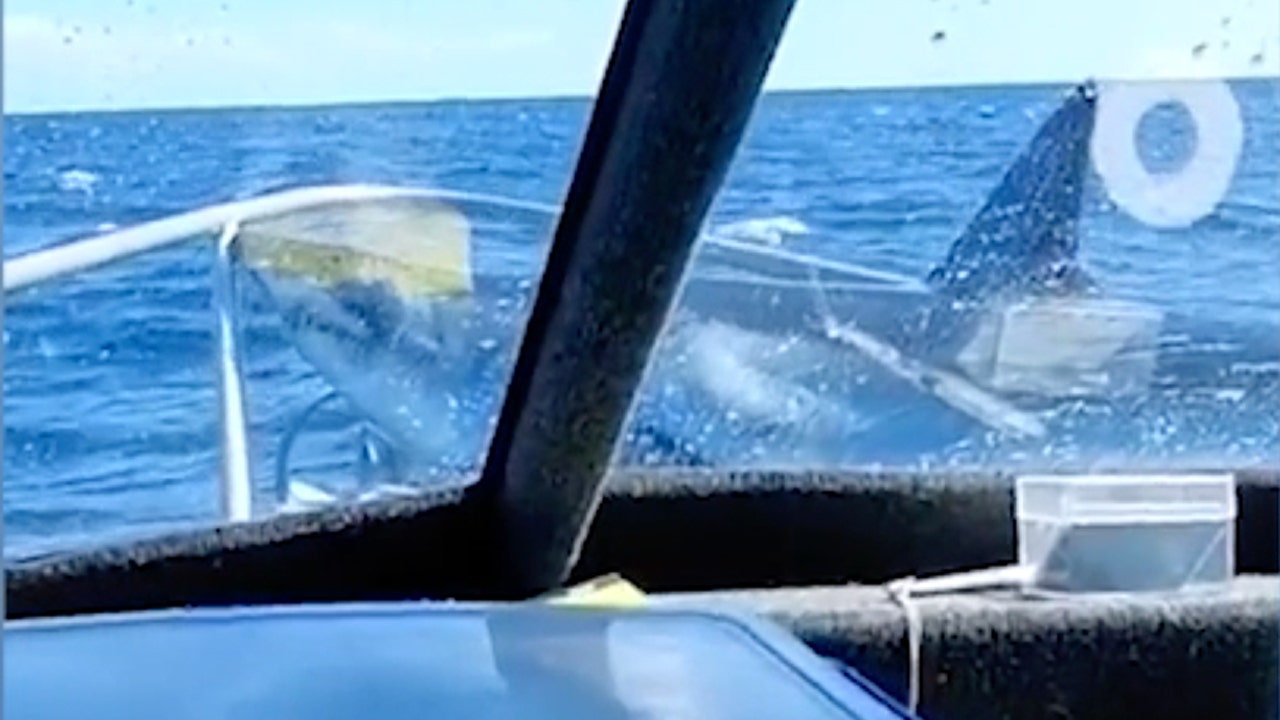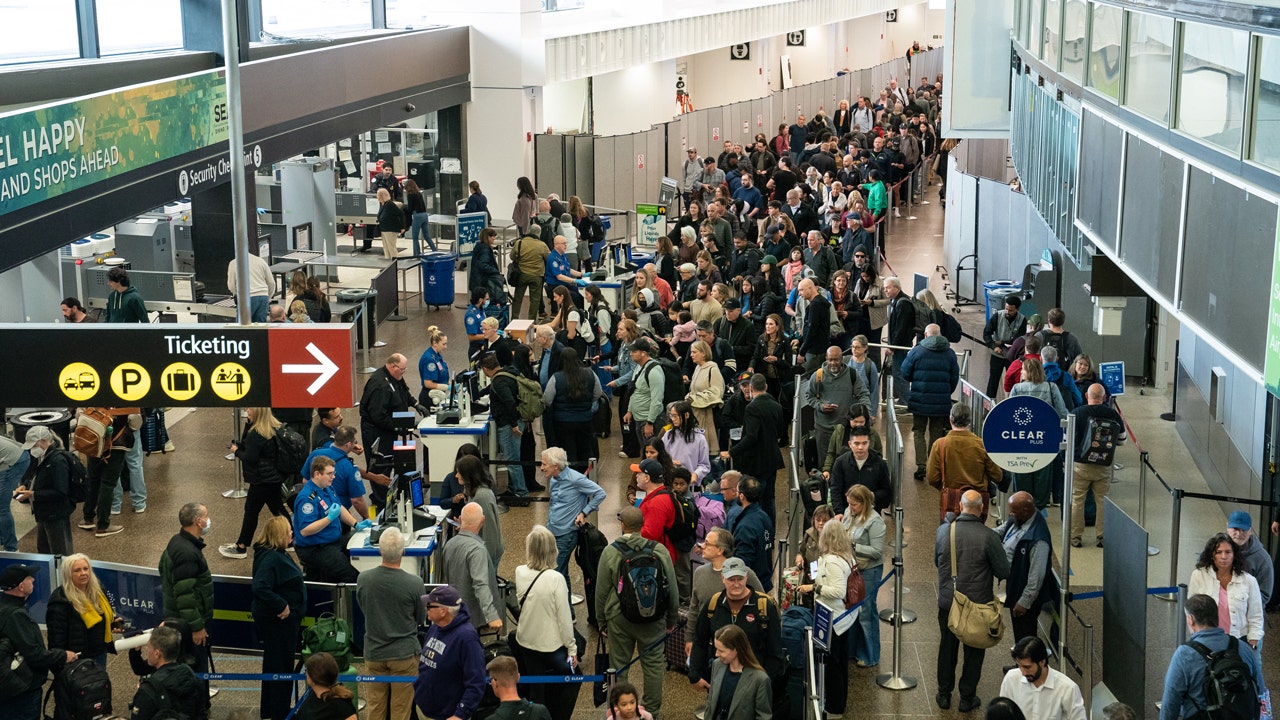NEWYou can now listen to Fox News articles!
Monday marks the 50th anniversary of the sinking of the SS Edmund Fitzgerald, a tragedy on Lake Superior that claimed the lives of 29 men. In the days following the calamity, songwriter Gordon Lightfoot read about it in Newsweek and immediately put his God-given gifts to their highest and best use.
"The Wreck of the Edmund Fitzgerald," as the maritime disaster will forever be known, was Lightfoot’s Homeric ode to the courage of the American freighter’s crew on their final, fateful voyage. The song was released in August 1976, less than a year after the shipwreck.
Lightfoot was on top of the music game when the Fitz, as "the pride of the American side" was affectionately called, was loaded with 26,000 tons of iron ore. "Sundown" had reached No. 1 on the Billboard 200 albums chart in June 1974, featuring commercial hits like the title song and "Carefree Highway." Gord, in other words, was gold.
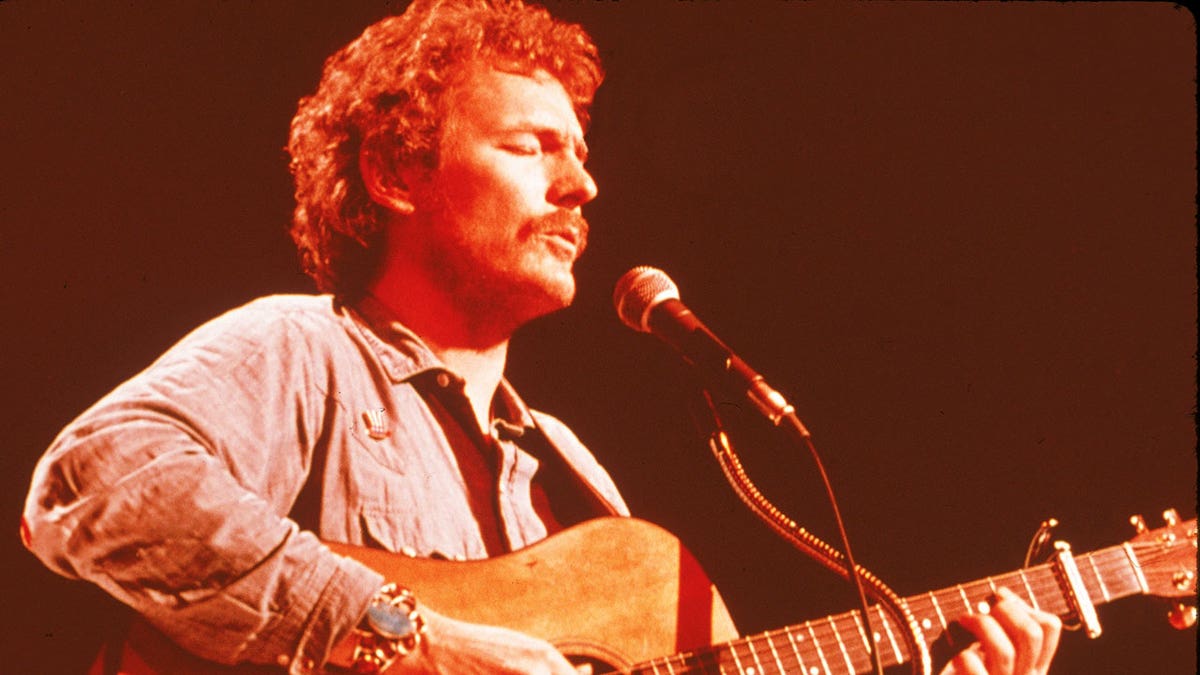
Gordon Lightfoot sings and plays acoustic guitar for the television concert series "Midnight Special" in the1970s. (Getty Images)
Yet in composing this song, the Canadian troubadour did not set out to write another hit. Had that been his intention, he surely would not have written a dirge, let alone one that is over six minutes long and lacks a chorus. Moved by empathy, Lightfoot wanted to honor the valorous dead in a befitting way.
FREDERICKSBURG'S FIELDS STILL SPEAK. I PRAY THAT AMERICA WILL LISTEN TO FREEDOM'S ECHO
He’d found the Newsweek article from which he learned about the wreck to be insufficiently panegyrical, and so he did what true artists do: He created the beauty that he longed to hear. Over 6,000 ships have gone down in the Great Lakes. We sing of this one even today because Lightfoot so sublimely immortalized it.
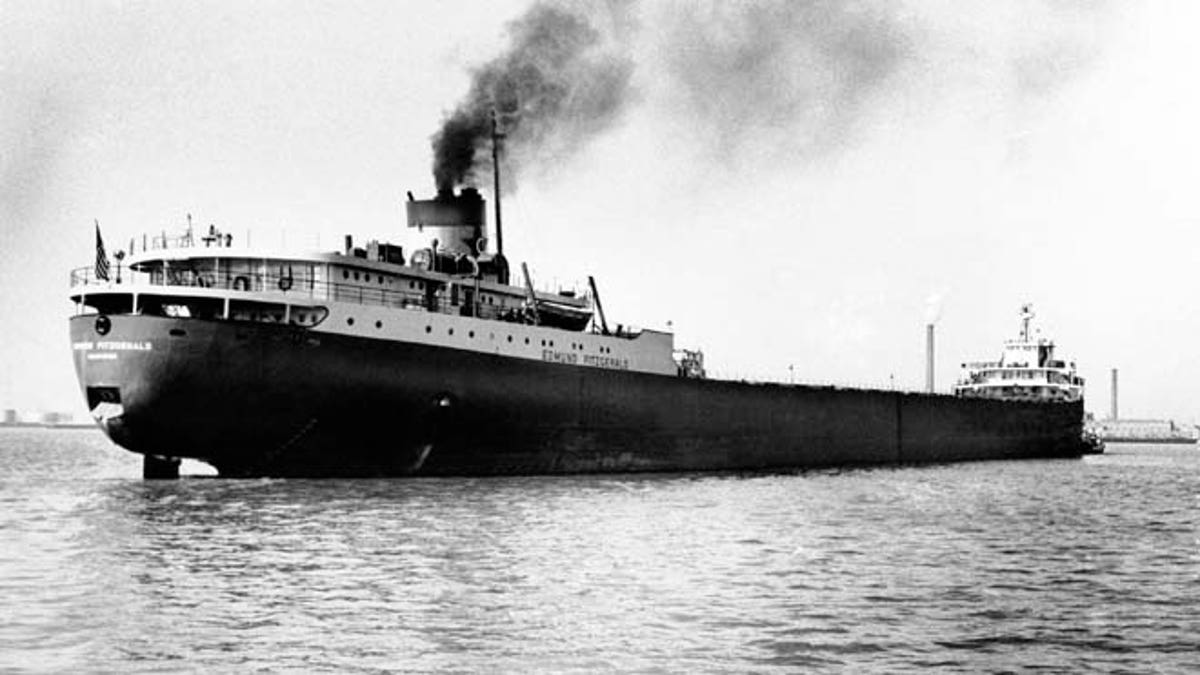
The Great Lakes freighter Edmund Fitzgerald, in 1959. It disappeared Nov. 10, 1975, in a storm on Lake Superior. (AP)
Of course, "The Wreck of the Edmund Fitzgerald" did become a hit after all, reaching No. 1 in Canada and No. 2 in the Billboard Hot 100 in the U.S. It is also perhaps Lightfoot’s best-known song and was a lifetime achievement of singular importance to him. I believe this is no accident.
CLICK HERE FOR MORE FOX NEWS OPINION
In "Mere Christianity," C.S. Lewis wrote "Aim at Heaven and you will get earth ‘thrown in’: aim at earth and you will get neither." Seek the higher and you get the lower: Lightfoot did precisely this. He concerned himself not with creating a hit but with creating beauty. Hit status simply was thrown in.
Once the Edmund Fitzgerald’s sinking was confirmed, the rector at Mariners’ Church in Detroit rang its bell 29 times to honor the life of each member of her crew. Of this mournful and lonely labor, Lightfoot elegiacally sang "the church bell chimed ‘till it rang 29 times" in his ballad.

Gordon Lightfoot performs at the Ottawa Folkfest at Hogs Back Park on Sept. 8, 2013, in Canada. (Mark Horton/WireImage)
CLICK HERE TO GET THE FOX NEWS APP
This lyrical salute was not forgotten by the stalwart Anglican congregation. Every anniversary, Mariners’ Church rings its bell 29 as a memorial to the crew. After Lightfoot’s death in May 2023, the bell was rung a 30th time, the last peal to honor the songwriter who used his gifts to ensure their fathers, sons, brothers and husbands would never be forgotten.
It was a beautiful gesture. That’s another reason to create beauty in the world with the purity that Gordon Lightfoot did. It’s contagious.
CLICK HERE TO READ MORE FROM MIKE KERRIGAN
Mike Kerrigan is an attorney in Charlotte, N.C.















